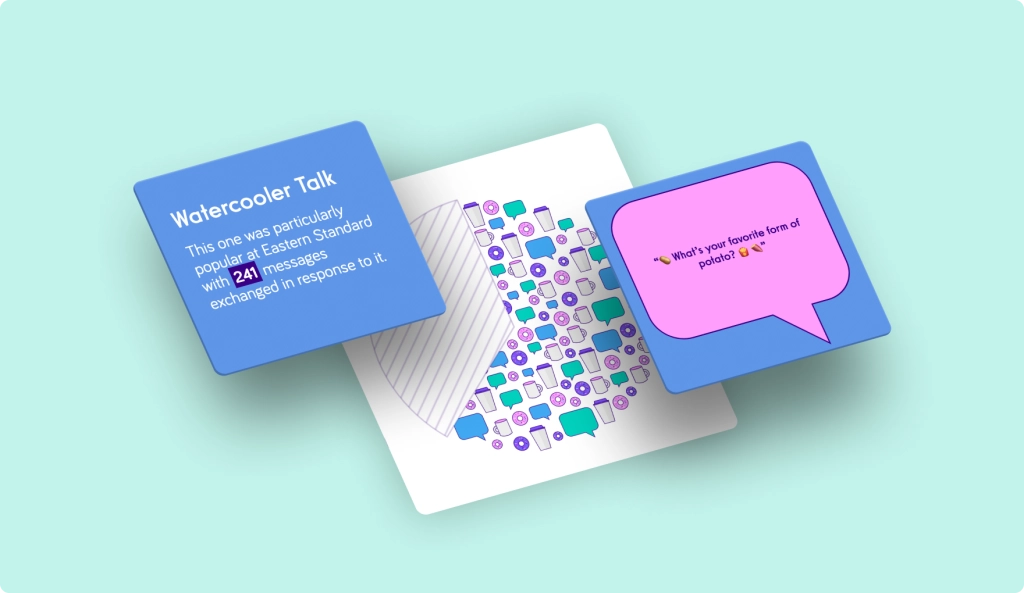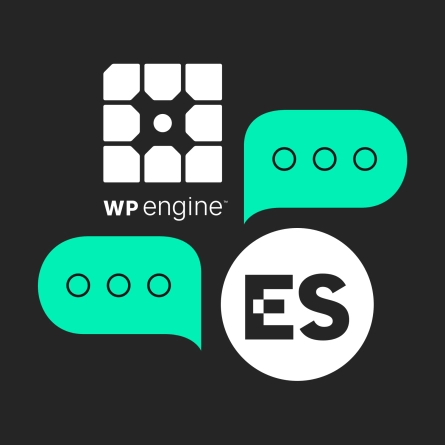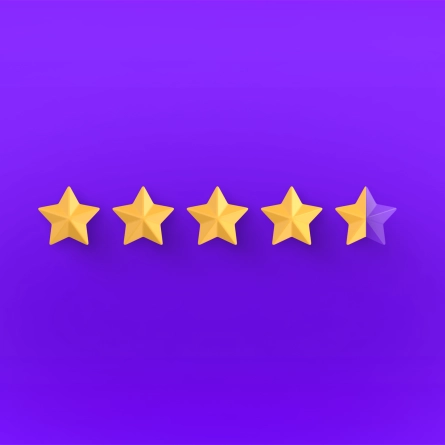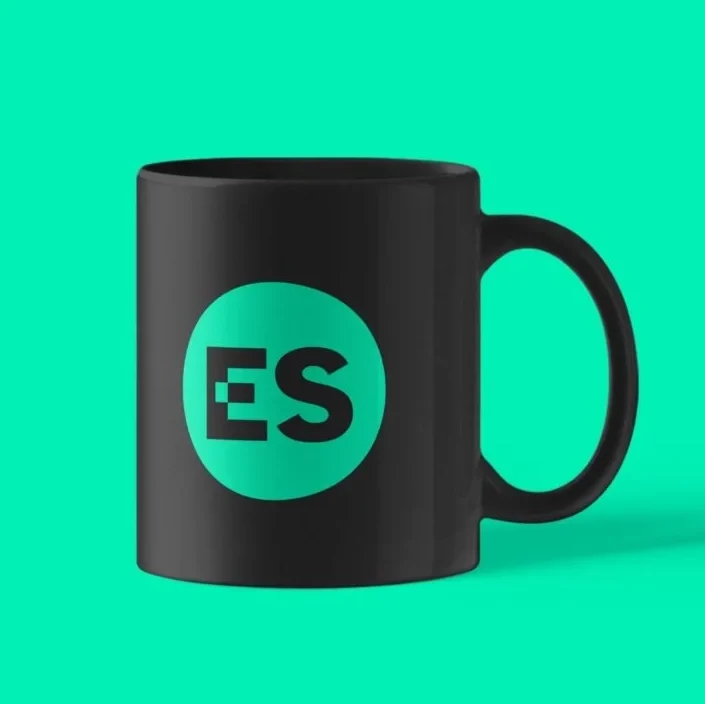ACE: The Key to Successful Onboarding in a Remote Agency World
Having operated as a virtual digital agency for 4 years, Eastern Standard has successfully remotely onboarded dozens of full-time team members and contractors from Tampa to upstate New York to Cedar Rapids, IA, and beyond. And we’ve picked up many valuable lessons that work well for us along the way.
To be clear, onboarding new hires and helping them form team connections from a distance is never easy. There are a lot of moving parts that are even more difficult when teams don’t gather face-to-face, but we’ve found successful ways to prioritize the people experience part of the equation. In fact, I even chose my title as People Experience Manager because that was the greatest truth: Making sure our experiences center around people, and being of service to something bigger than myself.
As an agency, we’re in the business of understanding people — and doing that well is how we find success in onboarding. What approach works best to keep us in that headspace? A model called ACE: Anticipate, Communicate, and Empathize.
Let’s look at each term and what it means to us.
ANTICIPATE |
COMMUNICATE |
EMPATHIZE |
|---|---|---|
| Setting clear expectations from the start is key. We let new hires know exactly what is coming next and what they can expect each step of the way. | From the start, we frame our conversations around how new team members can succeed, constantly asking ourselves: Do they have everything they need? Is there anything blocking that person’s way? How can we clear the path for them? | When faced with programming decisions, our goal is to lead with empathy. We ask ourselves, How does this experience feel from this person’s perspective? Do they feel seen? Do they feel taken care of? |
Laying the Virtual Groundwork
ACE onboarding doesn’t start on the first day of work; it starts at some point between the “Hey, I saw your resume” and the “you’re hired!” conversations. (If you want to get even more technical, it actually starts when you’re writing the job description, but that’s a post for another day.). We’ve found these are important first steps:
- Tackle Housekeeping Tasks — Before the new employee’s start date, HR and the hiring manager prep all necessary paperwork, equipment, and account credentials. This includes sending out contracts, setting up email addresses, and obtaining access to the tools needed for their role.
- The Calendar Knows All — An ES onboarding calendar is typically built out for the first two weeks with built-in study times and breaks. It considers kid pickups, therapy sessions, and dental cleanings because we ask people before they enter, “Do you have anything already planned?”
- Send a “Welcome to ES” Package — This home shipment contains company swag, employee policies, a laptop, and other necessary hardware.
Building Connections From the Jump
The secret sauce for building a cohesive team that meshes well both socially and creatively is to nurture authentic connections right from the start through activities like:
Join a Meet & Greet — On an employee’s first day, they typically attend an all-hands Zoom “meet the team” session — a great ice breaker and a way to put names to the faces who will become part of their daily remote workdays. Conversations range from: Are you a Marvel or DC loyalist? What shows are you currently binging? Do you spend your weekends hiking, cooking, or just chilling out? Bonus points are awarded when kids and pets make an appearance on these calls.
Day 1 Dive Into Virtual Orientation — This detailed overview covers company policies and an explanation of job-specific information sources, processes, and communication channels.
Attend Zoom Training & Onboarding Sessions — These virtual huddles go deeper into job-specific training, project onboarding, client introductions, and any other information needed for success in their new role.
Shadow a Senior Team Member — Following an experienced teammate in action helps new hires learn the day-to-day responsibilities of their job, gain insight into how meetings and client interactions run, and identify any skills they need to learn or improve.
QTNA — Fifteen to 30-minute meetings are set for every other day to answer any questions that came up in onboarding. This can be from a departmental point of view (“Hey, you mentioned this tool. Why this over that one?”) or general culture.

Ongoing Support for the Win
What happens after the formal remote onboarding process? The key is not to go radio silent. Regular communications like these keep connections strong and team members happy:
Buddy Up — We pair new hires with a more tenured “onboarding buddy” who can provide guidance and support during their early days with the company. This person helps the new employee get more acclimated to the company culture and have a safe space to ask questions or get advice.
Touch Base via Routine Check-Ins — Managers and HR routinely hold informal 1:1 virtual standups and Slack chats with new employees to ensure they settle in well, meet important early milestones, and resolve any questions or concerns.
Iterating Through Lessons Learned
At the end of the day, our approach to virtual agency onboarding is an exercise in continuous improvement. In keeping with our philosophy for almost everything we do, we avoid rigid processes and one-size-fits-all approaches. Instead, we listen to team members and use their feedback to help us lean into the things that build confidence, connection, and a strong sense of agency culture to ensure that new hires feel seen, heard, informed, and ready to contribute starting on Day 1.
About Toni Irving, Eastern Standard People Experience Manager
As our key developer of company culture and facilitator of operations — spanning everything from HR and recruitment initiatives to professional development and policy creation — Toni is all about committing to innovation and respecting the process to get there. Having studied at both Loyola University New Orleans and the Community College of Philadelphia, she will graduate from Chestnut Hill College in August with a BS in Organizational Dynamics.



